Five transformative start-ups founded by Imperial women
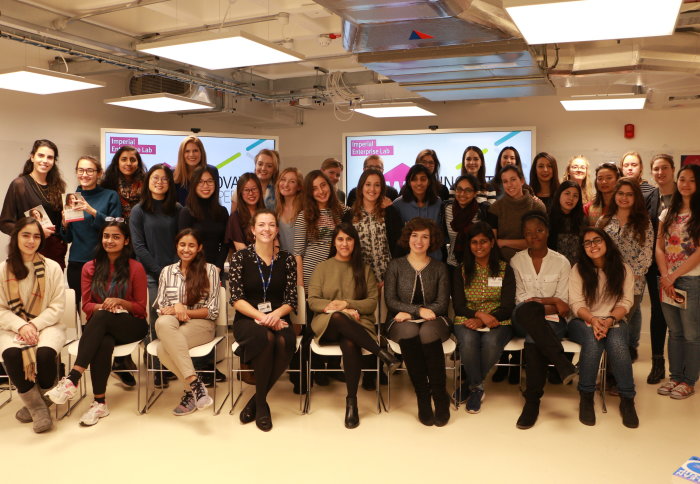
The full WEInnovate cohort
Imperial’s most promising female innovators will battle it out as part of the College’s pioneering entrepreneurial programme.
WEInnovate, which is supported by Santander Universities and The Swarovski Foundation, will come to a dramatic conclusion on Tuesday 20 March, as participants pitch to a panel of academic and industry experts in the hope of winning funding to further their businesses.
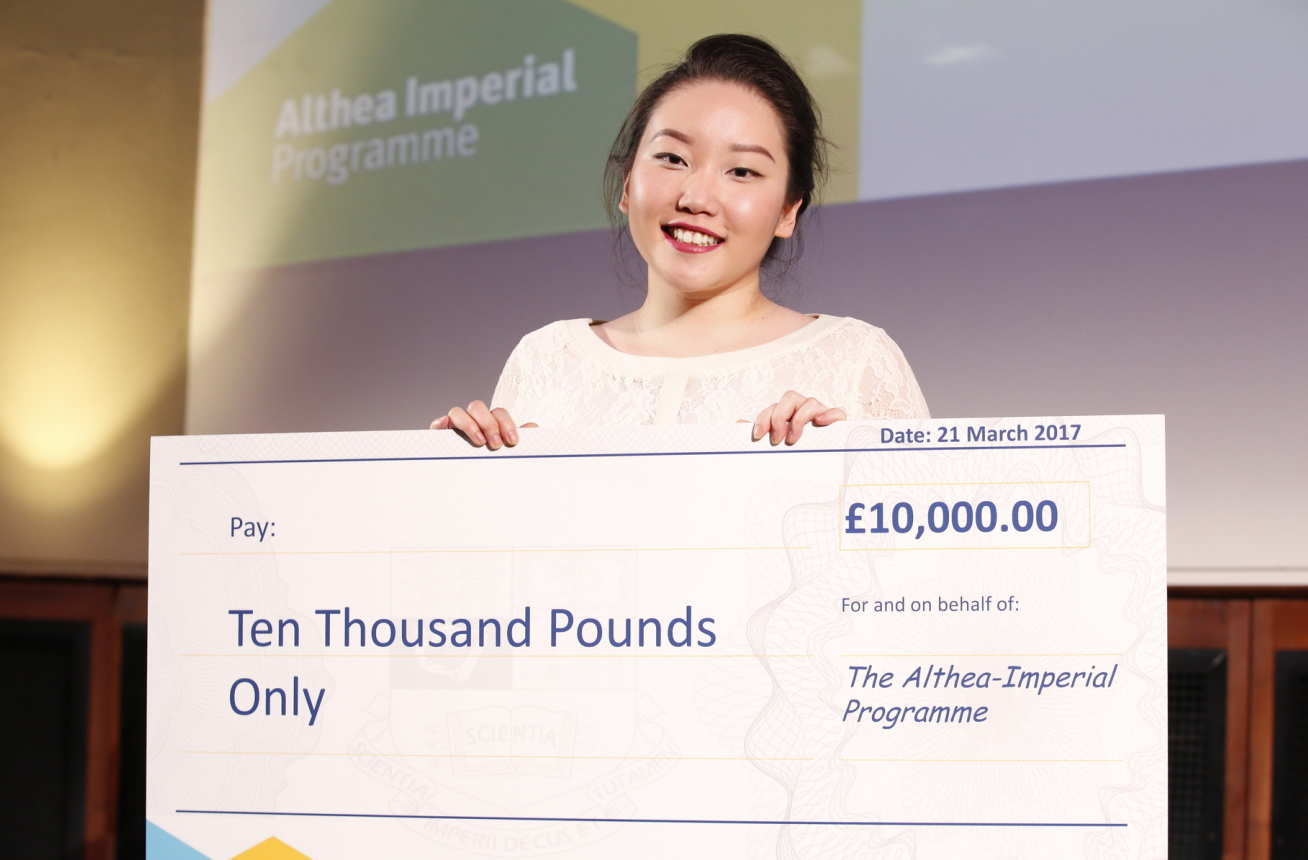
The programme, which was founded thanks to Alexsis de Raadt St James and The Althea Foundation, is now in its fourth year. The programme is designed to inspire a new generation of women entrepreneurs at Imperial.
Open to all female students, it consists of a series of workshops, talks by business leaders, and one-to-one mentoring sessions to help participants develop their innovative ideas.
This year’s total prize pot is £30k, with a top prize of £15k and several runner-up awards.
The final takes place during Enterprise Week 2018, a week-long showcase of startups, entrepreneurs, and innovators running from 19-23 March.
Hermone
Rebecca Steele and Rhiannon Leyden Preece, postgraduates from the Department of Life Sciences, are developing synthetic-biology based technology that would allow women to track their hormone levels at home.
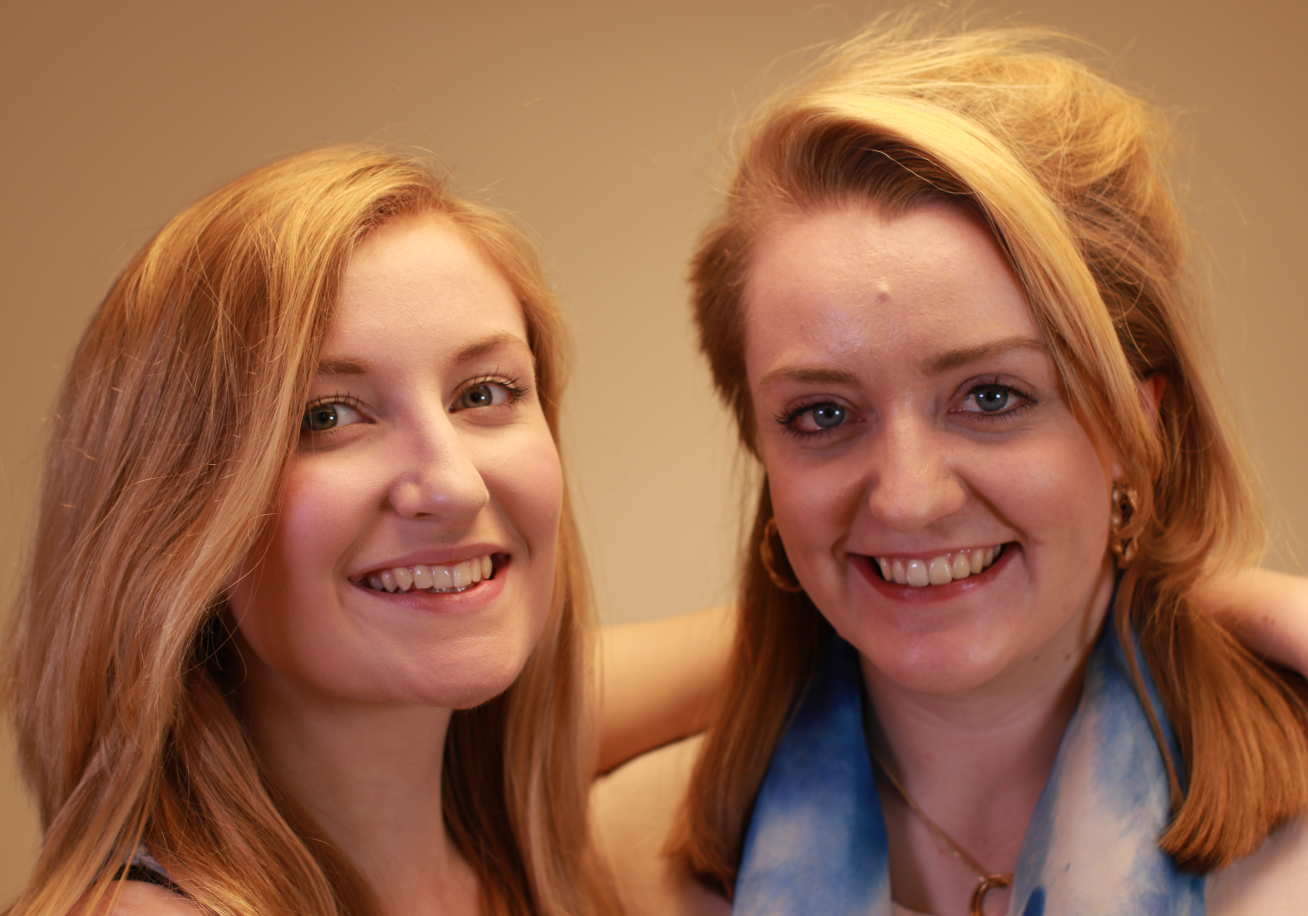
Hermone is aimed at women experiencing perimenopause – a period of time leading up to the menopause where hormonal shifts can cause symptoms such as hot flashes, sleep disturbance, irregular periods and mood swings.
Through a simple and affordable saliva test and associated tracking, women would be able to monitor and understand their hormone levels and seek appropriate medical advice where needed.
Rebecca and Rhiannon are working with Matthew Thompson and Benjamin Kirk from Imperial College Business School.
AI Thyroid
Charlotte McIntyre, a postgraduate student from the Department of Surgery and Cancer and a trainee thyroid surgeon, is designing artificial intelligence software to improve the diagnosis of thyroid cancer.
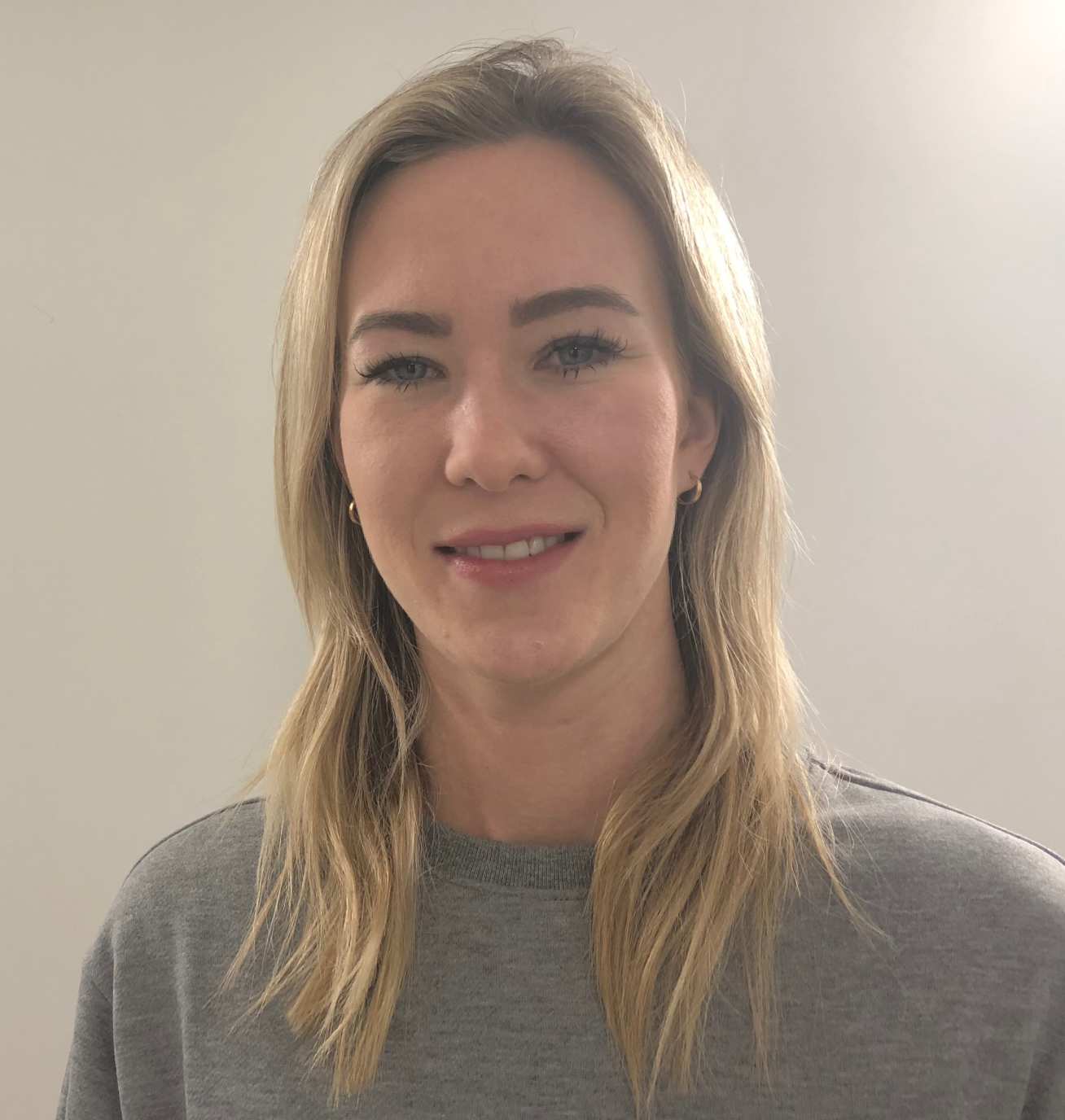
She’s developing a machine learning system that could take the results of tests such as ultrasound scans and needle biopsies, as well as information about a patient’s medical history, to more accurately predict the likelihood that a patient has thyroid cancer and help doctors decide on whether a patient needs diagnostic surgery. The system would learn from patient outcomes, improving its accuracy overtime.
Currently, many patients are referred for subsequent diagnostic surgery who do not end up having cancer, Charlotte explained.
“Surgery obviously carries risks, and the worry and uncertainty can cause a lot of distress for patients and their families. We’re trying to improve the prediction of thyroid cancer so that fewer patients have to go through surgery unnecessarily, and to speed up diagnosis.”
Charlotte is working with Marius Koch and Jan Rose, both postgraduate students from the Department of Aeronautics.
CarePile
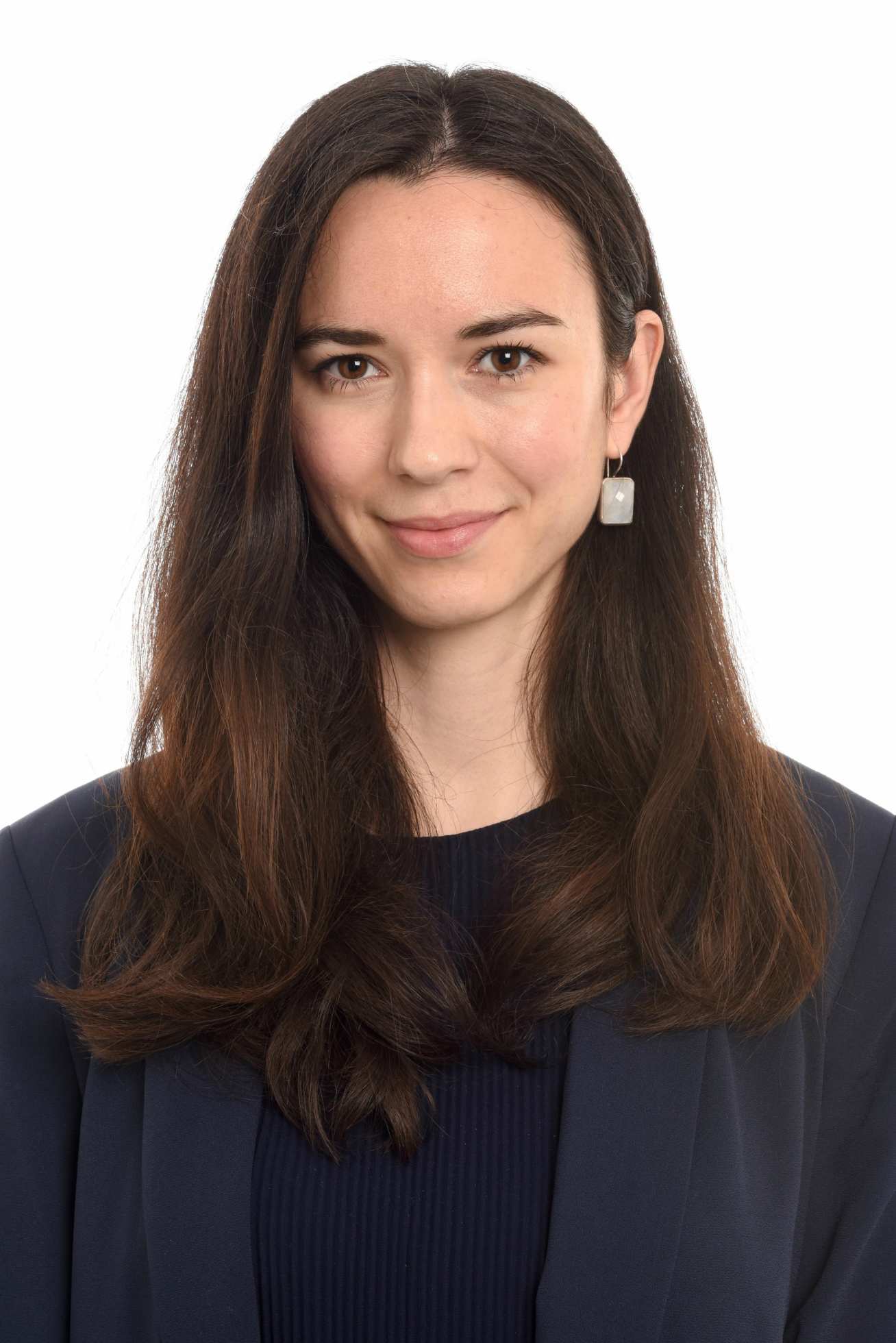
Martina Orlovic, from the Department of Surgery & Cancer, is creating an app that enables people to identify, compare, and book verified home care services quickly and efficiently.
Her platform, called CarePile, would allow users to search for care suitable for their needs without having to go to lots of different providers. The app lists profiles of available carers, matching a user’s needs to those with the best reviews and prices.
It would allow users to book urgent last-minute care much more easily, and means that care providers could monetize unfilled appointment slots.
Queeries
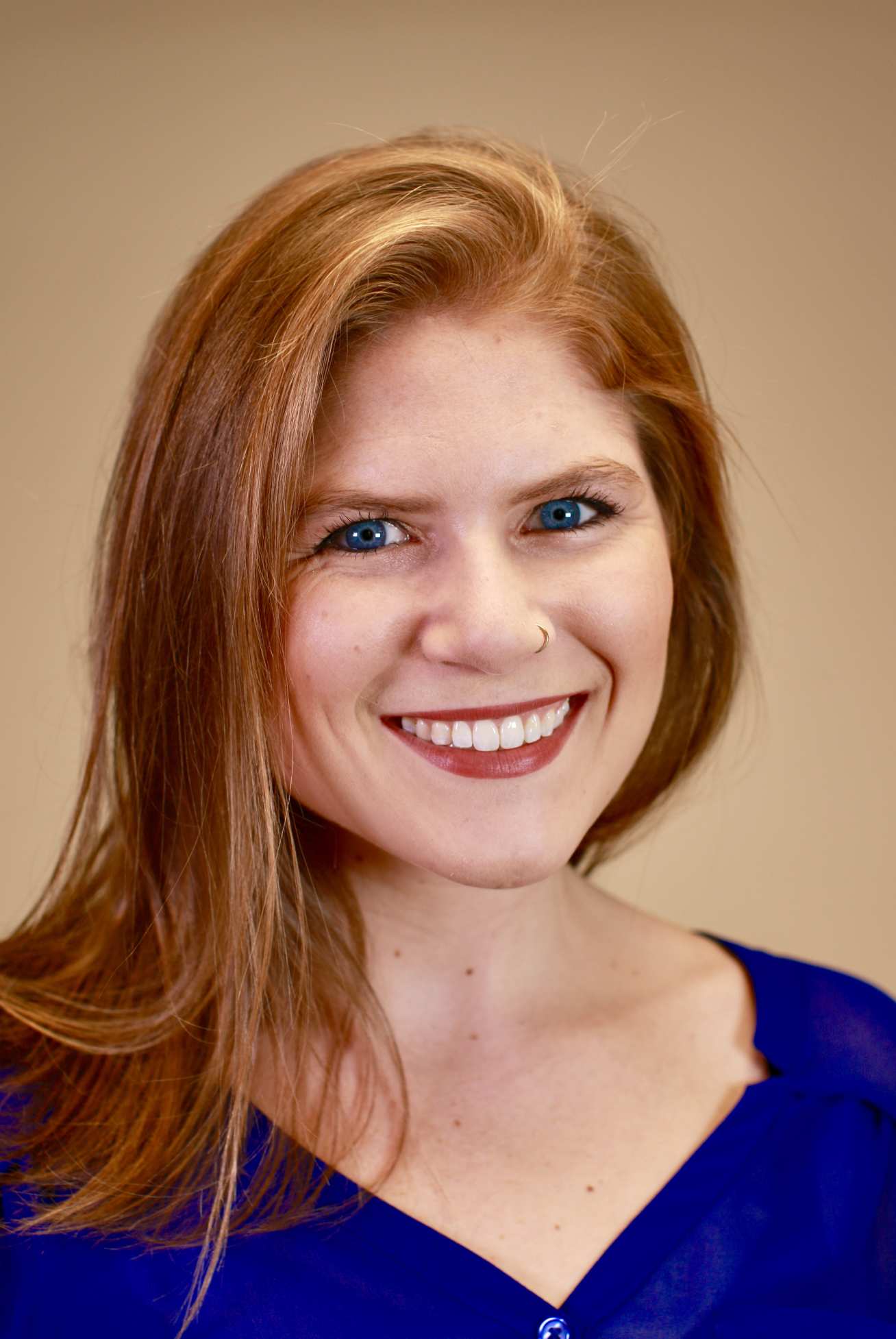
Alexa Segal, who is currently undertaking a PhD in Health Economics at Imperial College Business School, will be pitching Queeries, an online training programme for medical students and practitioners which aims to improve care for LGBT+ patients in the US.
Alexa said: “LGBT+ people experience healthcare inequality due to stigma, lack of awareness, and insensitivity to the unique needs of the community. These negative experiences create barriers to the community seeking and receiving appropriate medical care”
Queeries will use a cutting edge online platform to teach how they can better communicate with and treat LGBT+ people, incorporating virtual reality scenarios and webinar technology. It will be inexpensive, scalable, and adapted for a variety of settings and languages.
Oggic
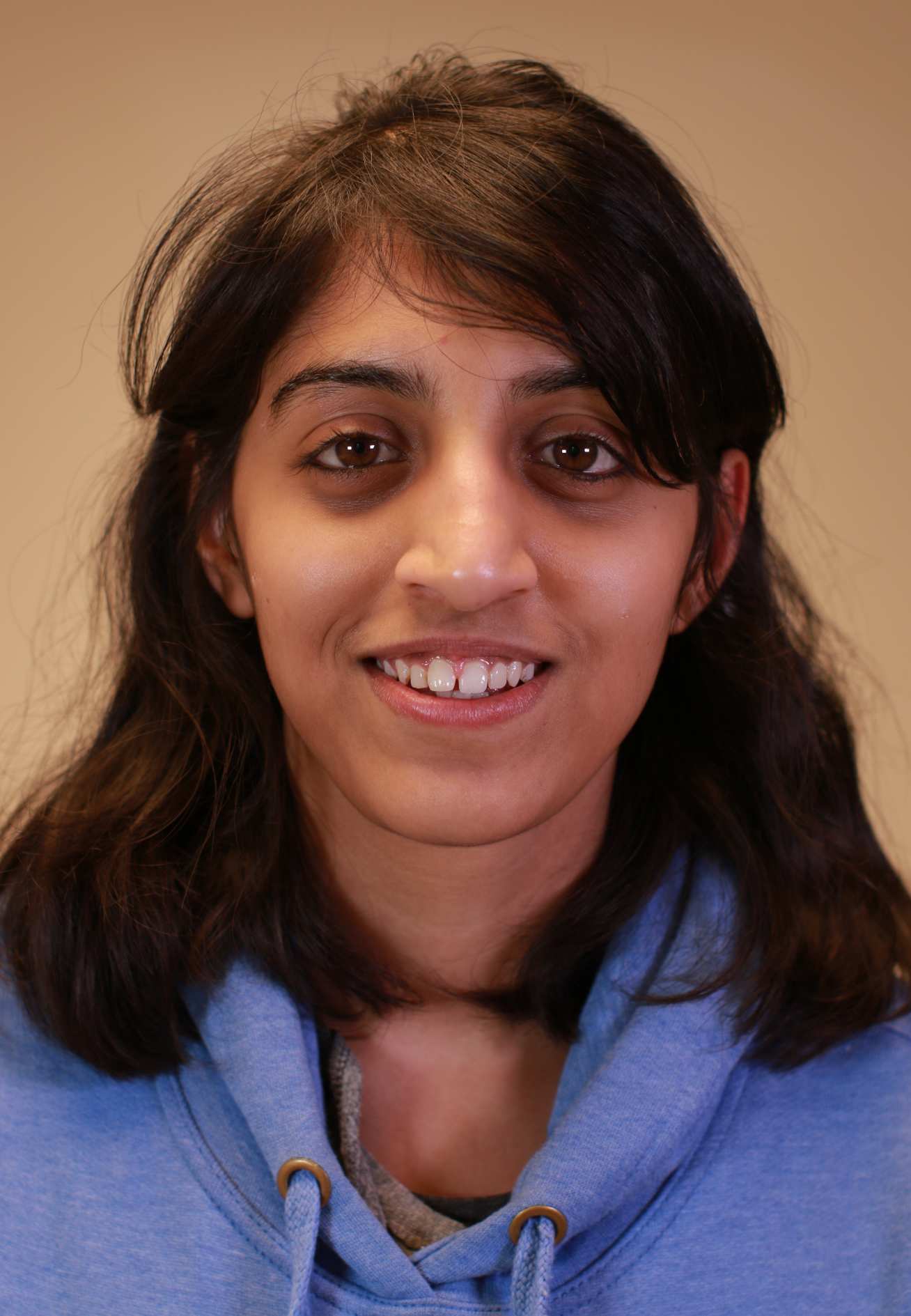
Saujanya Vruddhula, an undergraduate student from the Department of Life Sciences, has developed a blockchain based solution to tackle pharmaceutical drug counterfeiting.
Her start-up, Oggic, aims to tackle the multi-billion dollar problem by addressing the lack of coordination in the pharmaceutical supply chain. It uses a distributed and tamperproof ledger providing information such as shipping details, status, and location of the drugs in real time.
Micro QR codes, printed directly onto the drugs themselves, would allow repackagers and patients to verify the authenticity of the drug through the blockchain based protocol.
Article text (excluding photos or graphics) © Imperial College London.
Photos and graphics subject to third party copyright used with permission or © Imperial College London.
Reporter
Deborah Evanson
Communications Division